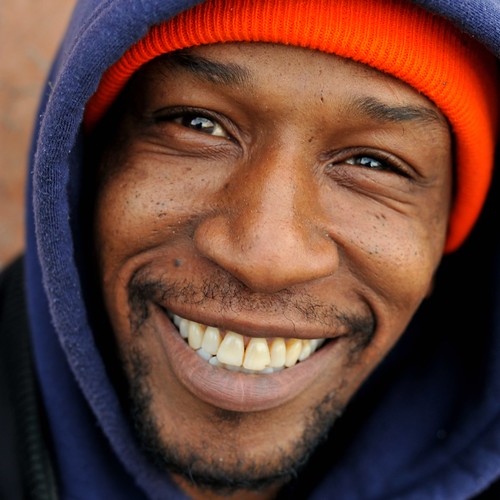 |
| Photo Credit: guyfromlargo |
Even though the Lions have been more successful in recent years and feature NFL stars such as Calvin Johnson, Ndamukong Suh and Matthew Stafford, most Americans would probably prefer to see another team replace the Lions on the regular Thanksgiving Day schedule. But for those of us that consider ourselves devotees of the Lions, we hope the tradition continues.
So if you're wondering why the Lions play on Thanksgiving, here's a little history from the Lions' website:
"The [Thanksgiving Day] game was the brainchild of G.A. Richards, the first owner of the Detroit Lions. Richards had purchased the team in 1934 and moved the club from Portsmouth, Ohio to the Motor City. The Lions were the new kids in town and had taken a backseat to the baseball Tigers. Despite the fact the Lions had lost only one game prior to Thanksgiving in 1934, the season’s largest crowd had been just 15,000. The opponent that day in 1934 was the undefeated, defending World Champion Chicago Bears of George Halas.
The game would determine the champion of the Western Division. Richards had convinced the NBC Radio Network to carry the game coast-to-coast (94 stations) and, additionally, an estimated 26,000 fans jammed into the University of Detroit Stadium while thousands more disappointed fans were turned away. Despite two Ace Gutowsky touchdowns, the Bears won the inaugural game, 19-16, but a classic was born. Since 1934, 69 games have been played with the Lions holding a series record of 33-34-2 (.493). And each game, in its own way, continues to bring back memories of Thanksgiving, not only to Lions' fans, but to football fans across the nation."In addition, the Dallas Cowboys have also been featured on Thanksgiving since 1966 and a third game, featuring rotating teams in the evening slot, was introduced in 2006.
Viewers of last year's Detroit/Green Bay game witnessed a Lions victory, 40-10 -- the first time the country saw a Detroit win on Thanksgiving since 2003. Historically, the Lions overall record on Thanksgiving games is 34-37-2.
Their 2014 match-up features the 7-4 Lions taking on NFC Central Division rival, the Chicago Bears (5-6).
While time with family, giving thanks for God's blessing and enjoying a large feast are probably the highest priorities for most Americans on Thanksgiving, watching NFL football is another Thanksgiving tradition that many of us look forward to each year. Go Lions!
